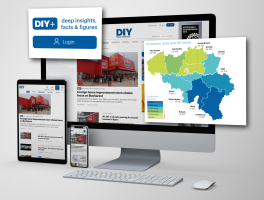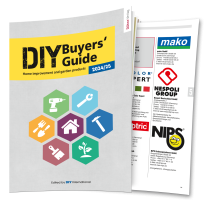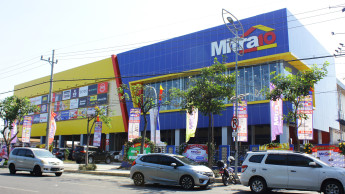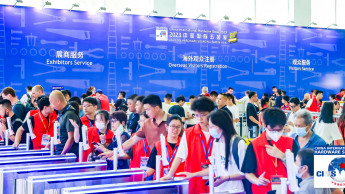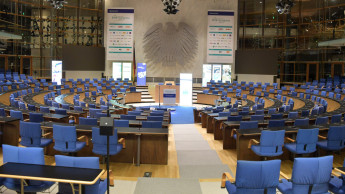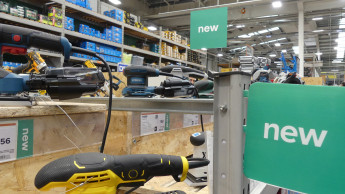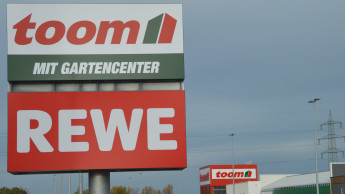The Portuguese market offers the operators of DIY stores the potential for development, even though consumers are far less keen on DIY than their counterparts in more northerly countries
By contrast, DIY is getting easier and easier, and becoming less of a deterrent to consumers as a result of the efforts being made by DIY retailers to provide them with information both in-store and on the internet, and to offer workshops.
Very different figures are given for the size of the Portuguese DIY market. Fediyma assumes a figure of € 1.6 bn in its World DIY Report 2004, and Cetelem, the credit bank subsidiary of the French BNP Paribas bank, goes for € 2.08 bn. António Cruz, chief executive of Mestre Maco, mentions an estimated € 3 bn, with the DIY stores’share amounting to 20 per cent, the hypermarkets taking 21 per cent and the traditional retail trade 38 per cent. The market is still strongly influenced by traditional retailing, which cannot boast of any sustainable competitive advantages, which means that there are opportunities here for DIY store operators to generate market share and so establish the DIY credo more strongly.
The main actors on the Portuguese DIY retail scene include the Leroy Merlin group, with the Leroy Merlin and Aki channels, as well as Mestre Maco, Bricomarché and Maxmat.
Market leader is the Leroy Merlin group, which established a branch in Portugal in 2001 and recruited personnel to prepare for market entry. Then in 2002 the group acquired 13 Aki stores belonging to the Dutch Vendex KBB, which had taken them over from the Belgian GIB group shortly beforehand. The number of Aki stores has increased to 16 in the meantime.
The first DIY store under the Leroy Merlin flag was inaugurated at Gondomar, Porto, in 2003, followed by number two at Sintra, Lisbon, in July 2004. The third, which is so far the largest Portuguese DIY store at 12 000 m², opened at the end of November 2005 in Almada. The combined retail area amounts to around 25 000 m². The group’s activities are directed from the head office in Carnaxide.
Mestre Maco is the number two in the Portuguese DIY market (v. the detailed report in this issue) with 21 stores and an overall retail area in excess of 60 000 m².
The DIY company Maxmat, Ermesinde, was set up in 1994 as a joint venture between the Portuguese Sonae group and the Irish building materials group CRH, which also has an interest in the Netherlands DIY retailers, Intergamma. Each of the companies has a 50 per cent stake in Maxmat. The first outlet was launched in 1995 in Porto. At present, following a new opening at Covilha on 23 November 2005, the company operates 20 stores with a combined retail area of 40 400 m².
The French DIY retailer Bricomarché has also been active in Portugal for several years. Based at Alcanena, it now numbers 20 stores with a combined retail area of approx. 26 900 m².
DIY stores in Portugal(download .pdf-file)

 Menü
Menü





